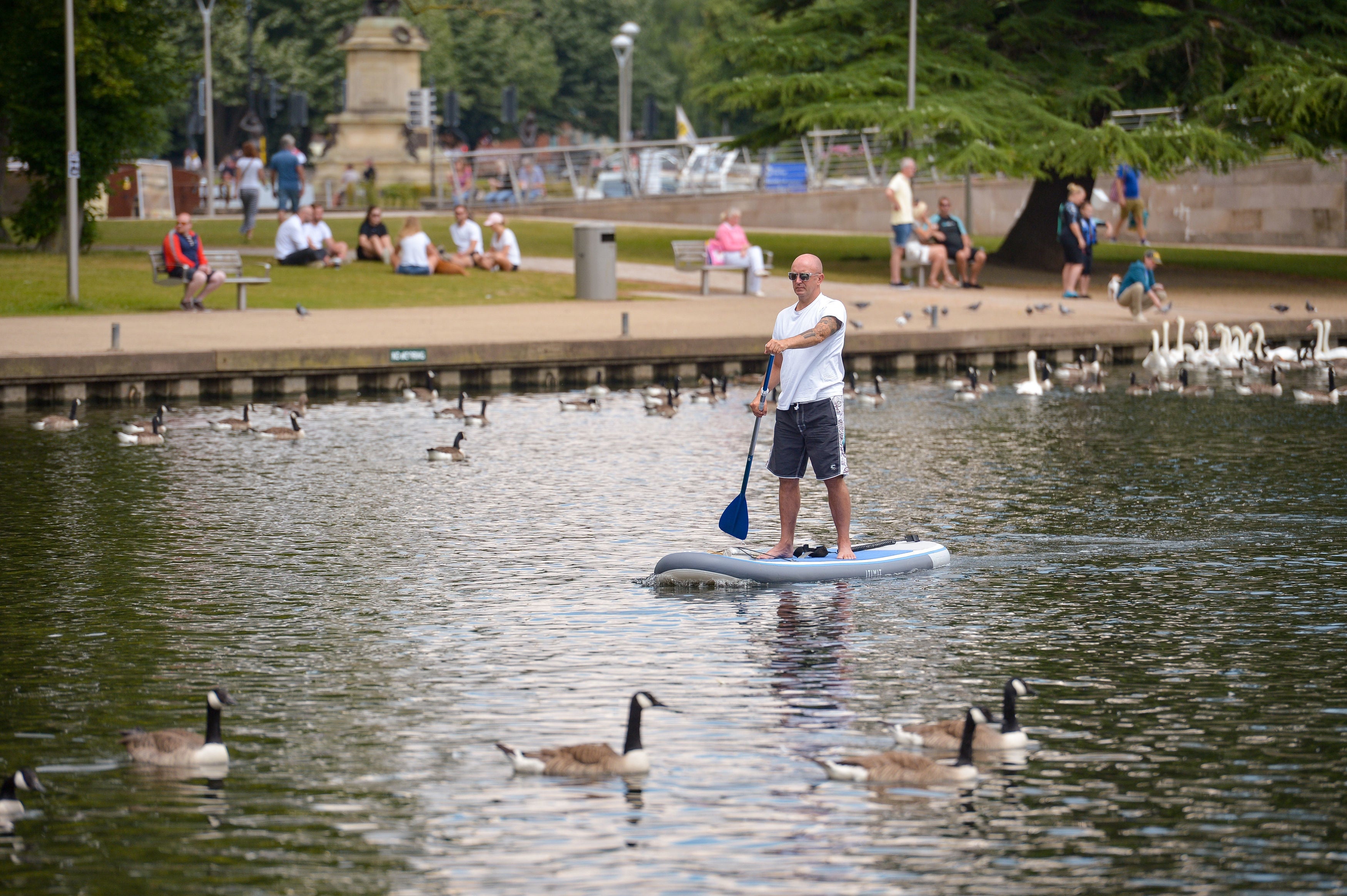Every river in England is polluted, government figures reveal
Latest report makes for ‘uncomfortable reading’, environment minister admits

Your support helps us to tell the story
From reproductive rights to climate change to Big Tech, The Independent is on the ground when the story is developing. Whether it's investigating the financials of Elon Musk's pro-Trump PAC or producing our latest documentary, 'The A Word', which shines a light on the American women fighting for reproductive rights, we know how important it is to parse out the facts from the messaging.
At such a critical moment in US history, we need reporters on the ground. Your donation allows us to keep sending journalists to speak to both sides of the story.
The Independent is trusted by Americans across the entire political spectrum. And unlike many other quality news outlets, we choose not to lock Americans out of our reporting and analysis with paywalls. We believe quality journalism should be available to everyone, paid for by those who can afford it.
Your support makes all the difference.Every river in England is polluted and only one in seven of them meet a “good” ecological standard, according to the latest government figures.
Environmental campaigners condemned the “outrageous” lack of progress in cleaning up the country’s rivers – despite government promises to improve the water quality.
Data released by the Environmental Agency on Thursday showed only just 14 per cent of English rivers could be considered ecologically healthy.
The report by the agency – which is sponsored by the Department for Environment, Food and Rural Affairs – also shows no river had achieved “good” chemical status, failing to meet the latest standards for pollution safety.
Environment minister Rebecca Pow admitted it made for “uncomfortable reading” and said urgent action was now needed to tackle pollution coming from sewage and agricultural chemicals.
“We need to go further and faster on reducing the environmental impact from storm overflows and other sources of pollution including chemicals and agriculture,” said Ms Pow.
The minister said she had met with water companies earlier this month to set some “expectations” in reducing pollution levels.
“These results show we have a long way to go, with a new way of testing for chemicals more accurately reflecting what is in our water environment,” she said. “While it’s not comfortable reading, this will allow us to plan more effectively to tackle the scourge of pollution.”
The Environment Agency had pledged to make sure 75 per cent of England’s rivers were considered good by 2027 – but has admitted it was “unlikely” to meet the target.
Emma Howard Boyd, chair of the agency, said: “Water quality has plateaued since 2016, which isn’t good enough.”
She said there had been some improvements over the past 25 years, including less phosphate and less ammonia from wastewater treatment works, but conceded that “the general upward trend has not continued” in recent years.
Ms Boyd added: “Today just 14 per cent of our rivers are [rated good]. To get where we want to be everyone needs to improve how they use water now and that means water companies, farmers and the public.”
The environmental campaigner George Monbiot called the latest figures “an outrage”. He said: “It’s a direct result of complete regulatory collapse in the UK, as water companies and livestock farmers in particular are allowed to turn our rivers into sewers.”
The Salmon and Trout Conservation group claimed English river quality remained the worst in Europe and said cuts to the Environment Agency’s monitoring work were partly to blame. “There has been absolutely no progress,” it said.

Join our commenting forum
Join thought-provoking conversations, follow other Independent readers and see their replies
Comments